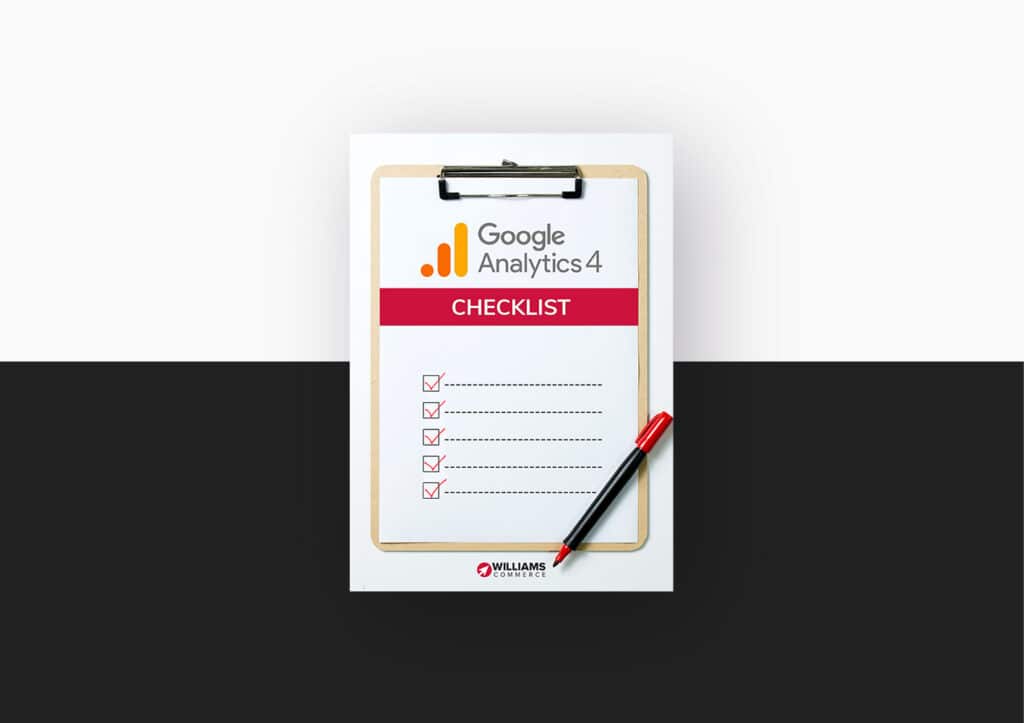According to Internet World Stats, more than 55% of the world’s population is now online.
With such high levels of digital access, there are greater levels of attention being paid to how online channels are being used. This means more and more disruption is likely, as people seek and create new ways of using digital in our day-to-day lives.
This disruption and change can be referred to as the ‘digital shift’.
As an example, in the first 20 years of digital retail, goods have generally been ‘low touch’. This means that the customer is left to their own devices and purchases with minimal staff or sales team involvement.
That is anticipated to shift increasingly towards ‘high touch’ over the next 20 years, as competition increases and staff have to do more to secure sales. Digital ecommerce examples might be having a chatbot on a website to ensure visitor questions are easily answered, or having a more immersive, engaging experience with staff in store.
A shift in search
A recent Econsultancy webinar highlighted some of the areas that this digital shift will be present.
One notable area is search. People’s search behaviour online is changing, and there’s been a marked shift from questions to query-less information. There is also an increasingly visual focus to search, meaning a more intuitive approach is needed from businesses and marketers.
From an SEO and PPC perspective, it’s important for businesses to understand what type of search is likely to triumph.
Econsultancy suggested that voice search in its current form isn’t likely to proliferate. It is suited for when somebody’s hands are occupied, such as when driving or cooking. But beyond this, people want a more engaging search experience.
This is where visual search comes into play. This is different from an ‘image search’, and though in its infancy at present, has great potential – particularly as the field of augmented reality moves forward as well.
The promise of visual search is that users can search for items and products simply by using a photo. See a celebrity wearing a coat you like? Take a picture and visual search will help you purchase one of your own.
Humans are very visual by nature, so visual search looks destined to gain traction over the coming years.
There is also a shift towards concepts rather than simply words when it comes to search terms. What are people truly seeking through search? How can websites accommodate for this?
One way is Schema – a collaborative community seeking to create schemas for structured data online. The vocabulary used within Schema can be used across many encodings, and covers entities and the relationships between entities and actions. This means delivering more relevant and information results in search is possible.
Moving Forwards with Machine Learning
Machine learning is viewed as having big potential in the marketing space due to the insight it can glean and the enhancements to processes that it helps to make possible.
Penetration of machine learning into the wider marketing space has been relatively slow to date, as the number of people with expertise in this field is still relatively small.
One leader in the machine learning space is Amazon, and in late 2018, Amazon announced it would be opening up its machine learning lessons and tools to everybody. This will allow people to learn about the basics of machine learning and use real world examples. This kind of accessibility to machine learning expertise could well see quick advancements made in the machine learning space.
Contextual Commerce
One thing that seems set to prevail in coming years is the notion of contextual commerce. So if you’re browsing through Instagram for example and see an item you like, being able to purchase it within the Instagram app can enhance and streamline the shopping process.
This is already being seen in selected markets in Instagram, and opens up the possibility of influencers becoming active sellers. This represents a definite shift in how items could be presented to potential customers moving forwards.
Times of change
The digital world is set for disruption and change. How quickly businesses prepare and react to this will impact their success moving forwards.
Being aware of these trends and aligning them with your own business aims is certainly worthwhile. Moving quickly and acting decisively have the potential to reap major benefits as the digital marketing world shifts and alters.
Need support with your digital marketing efforts? Williams Commerce can help.



